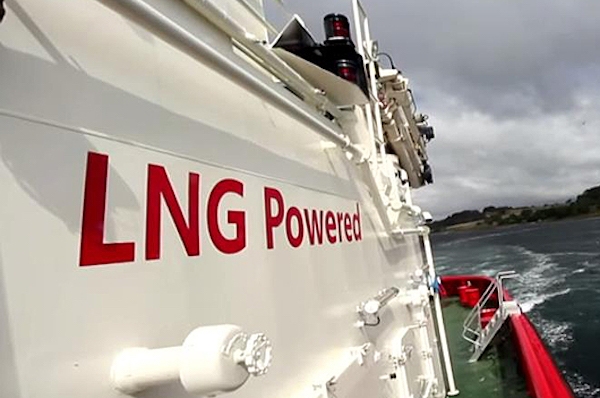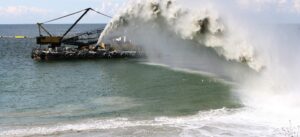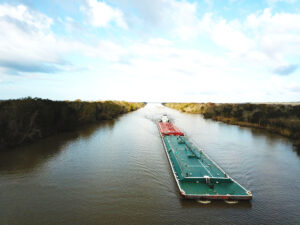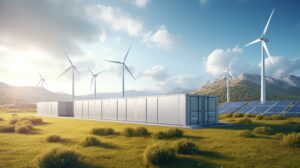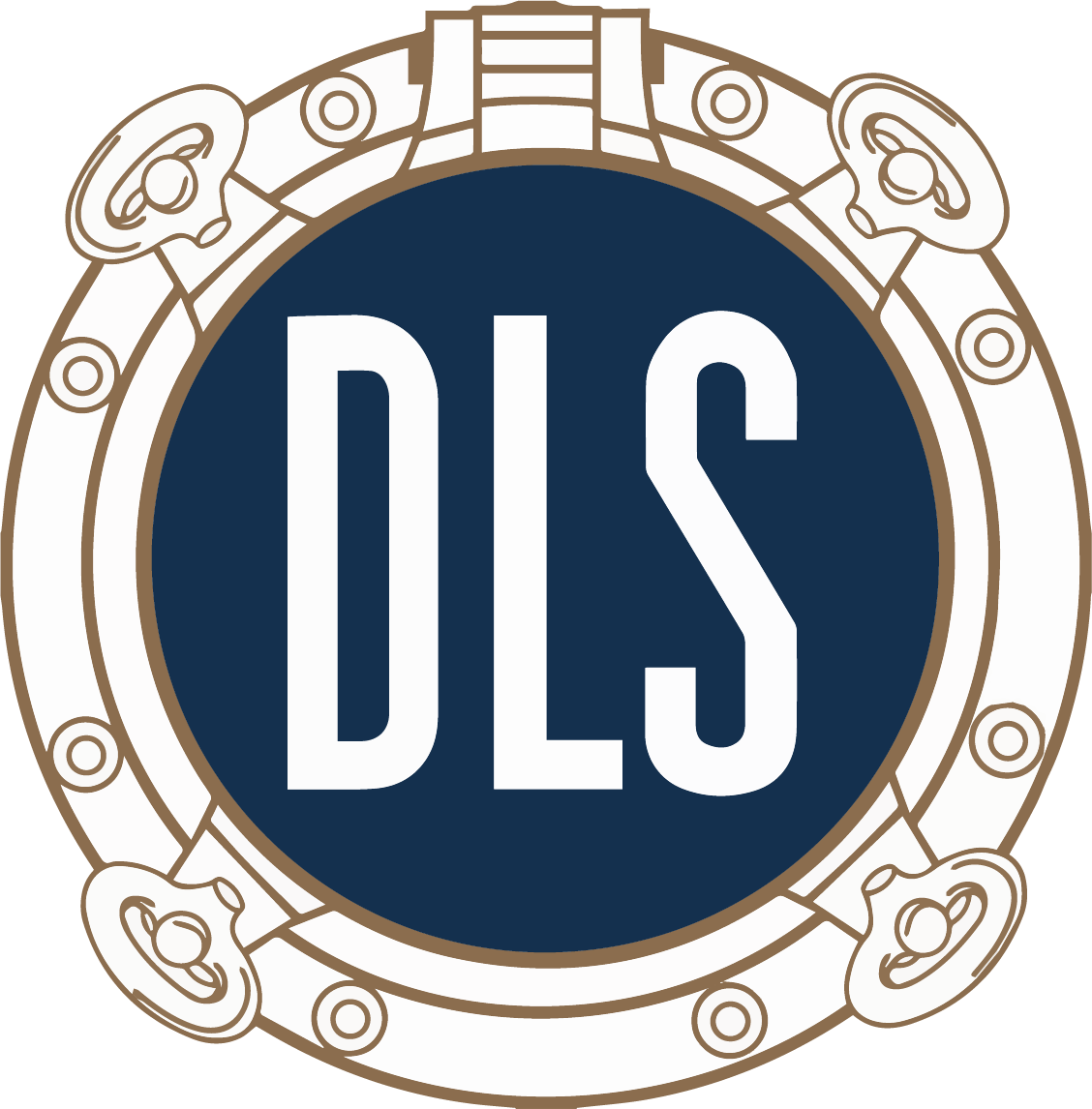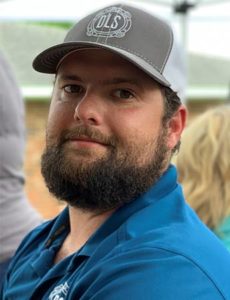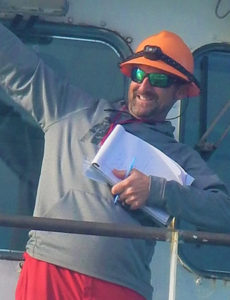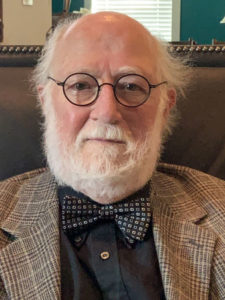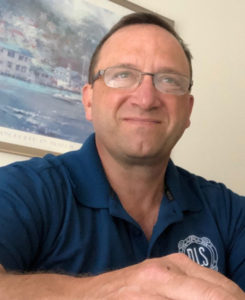- March 3, 2021
- Industry
- LNG Is Here: How Is It Impacting The Industry?
Where is LNG as the fuel of choice for the maritime industry? DLS Marine Surveyor Norm Laskay discusses the current switch to LNG, its impact on air cleanliness, and the ever-important roles of crew members, surveyors, appraisers and classification societie.

Reading the various maritime newsletters and commentary about the future fuels that will be used in the industry, I’m reminded of the old joke framework where a subject is laid out like an announcer calling a horse race.
“LNG is out in front closely followed by its stablemate Bio-LNG. Two lengths back, but gaining, are Ammonia and Methanol. Trailing, but looking strong, is Hydrogen Cell.”
The winner depends on where one places the finish line. 2030? 2050?
Many experts, and a lot of money, say it is LNG at the 2030/2035 line. LNG is available now and suppliers in major ports have built and continue to build a supporting infrastructure of bunkering spots and LNG bunkering barges and bunkering tankers.However, while LNG is cleaner than Heavy Fuel Oil, it still, when burned, creates significant Green House Gases (GHG) and its production is not particularly clean. But it is a good start towards mandatory clean air goals that must be reached. Dual fuel engines exist and vessels can be (relatively) economically retrofitted to use LNG. And LNG can be “cut” with cleaner bio-LNG and liquid synthetic methane (LSM) as facilities come online to economically produce these new fuels. This is called layered technology.
The hope for operators, and lenders, is that the LNG fueled vessels being built now and in the next few years, will be able to bridge the current scientific and economic gap and be operated under pertinent IMO/Port State air cleanliness levels over a 15- to 20-year operating life until the next generation of cleaner fuels are readily available at reasonable cost.
It is important to note that a vessel’s cleanliness performance involves its level of emissions. Thus, an owner can do any combination of things to bring the vessel’s emissions at or below the mandatory levels. While GHG emissions come from burning fuel, they can be reduced not only by burning cleaner fuel but by burning less fuel. Solutions being tested, and in some cases in commercial use, are many. Just as in a car, the faster you drive the more fuel you use, ships have been doing what is called “slow steaming”. By carrying out a voyage at slower than normal speeds they save on fuel. On one side this slows down the movement of goods and affects the Just-in-Time delivery of goods and parts business model. The other side is that this puts more vessels in transit and therefore can help vessel supply/demand and day rates.
Other fuel saving steps are improved use of weather routing to enable a voyage to be carried out along the shortest route with the most favorable weather conditions, and redesign of a vessels hull, rudder, and propeller design and location, all steps to reduce drag.
But the goal is cleaner fuels. Worldwide, there are constant new ideas for innovation in new fuel sources. Testing and production are being helped by governments, particularly in Europe and parts of Asia. And more and more investor groups are placing a value on ecological and social improvements which also helps in funding.
A United Nations study stated that the worth of nature’s goods and services should be prioritized over traditional measures of economic activity such as gross domestic product. Companies and governments should account for the benefits of investing in the preservation of natural assets such as plants, wildlife, air, water and soil. Their point being that the cost of inaction greatly outweighs the cost of action.
This rush of new technology in machinery and hull design, and the digitalization of vessel systems is pretty amazing. But operators, lenders and underwriters have to keep in mind that all of this is still controlled by humans. As vessel hardware and software becomes more complex, so can the safety issues. Classification societies are creating regulations for the construction, testing and safe operation of these controls and operating systems. But it is still the crews that will be dealing, daily, hands on.
And it will also be up to marine surveyors and appraisers to stay abreast of these changes and to understand their parameters and safe operation. DLS Marine has already drafted a check- off sheet for the general inspection and layout of LNG systems on board marine vessels and will continue to learn details on their safe operation. Design and safe operation of modern battery banks is the next goal.
If you’d like to keep this conversation going, send me an email at nlaskay@DLSmarine.com.
Duis aute irure dolor in reprehenderit in voluptate velit esse cillum dolor fugiat nulla pariatur. Excepteur sint occaecat cupidatat non proident suntin culpaue officia deserunt.
